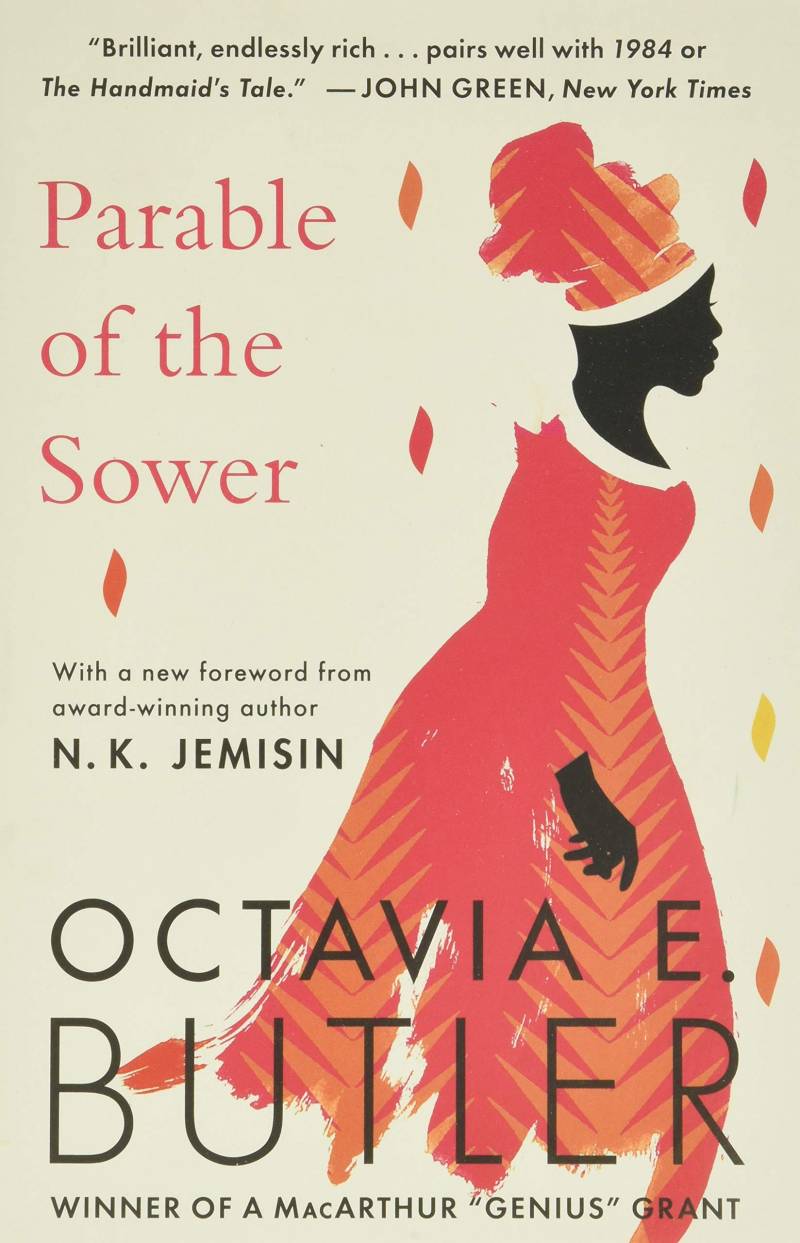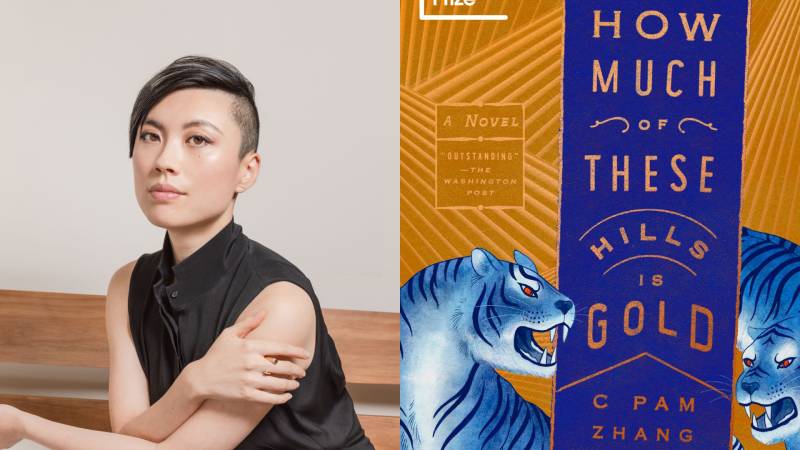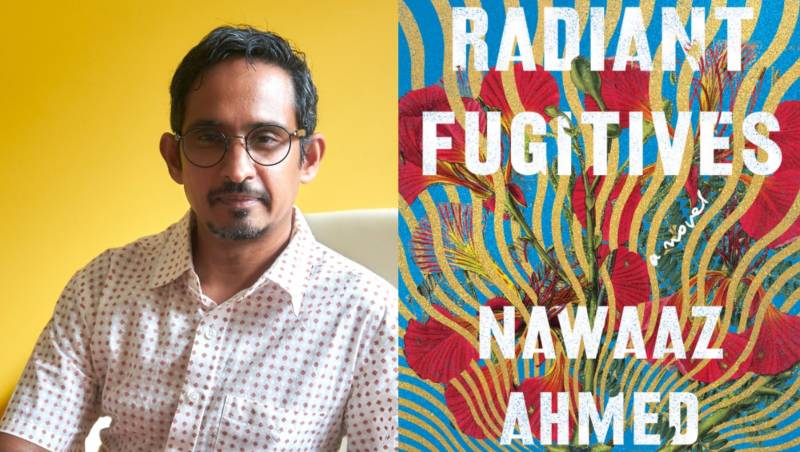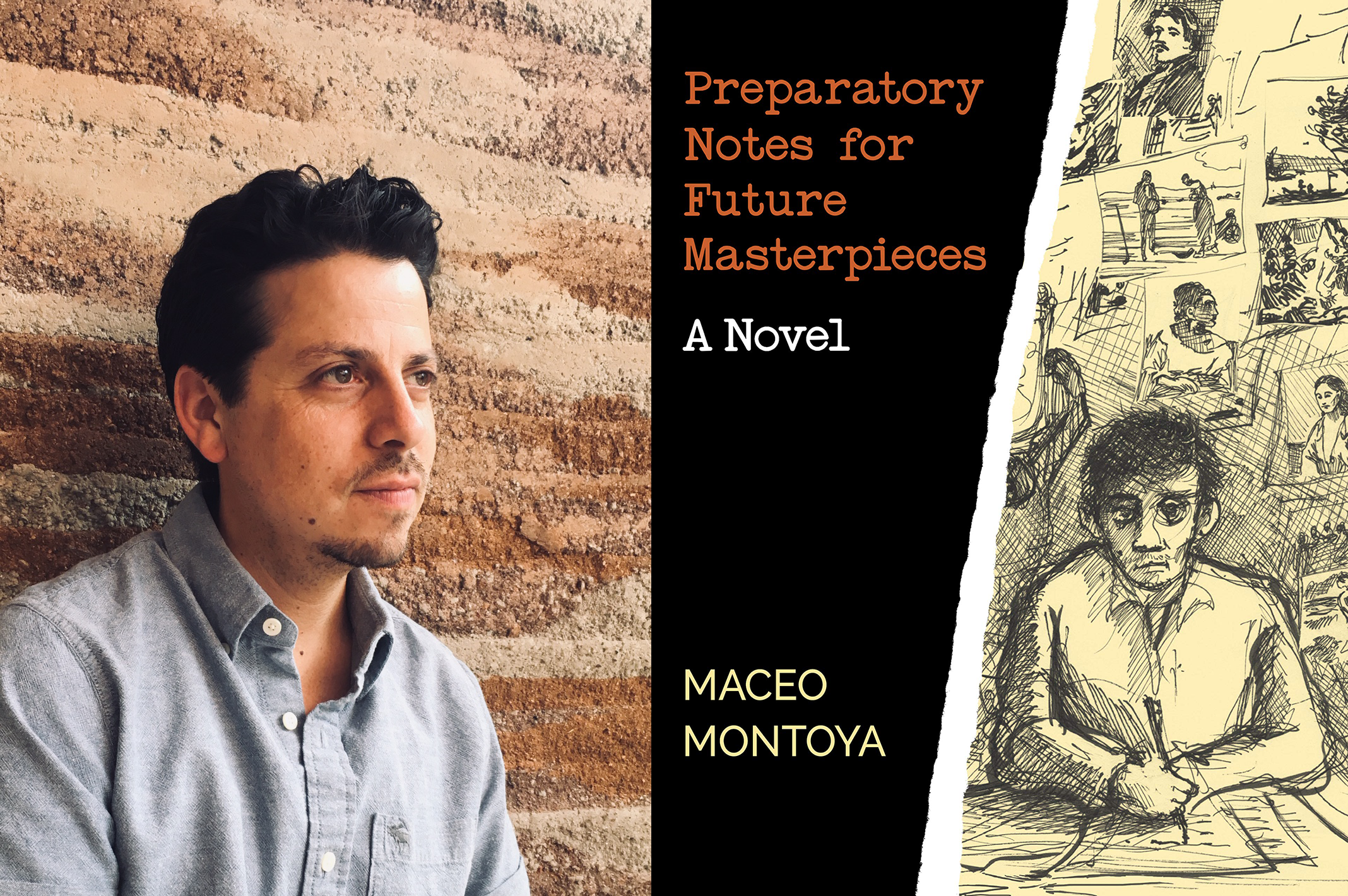KQED’s Forum Launches Book Club
Forum regularly brings listeners conversations with authors, but we decided to create a special offering: Forum Book Club. Our goal is to dive deeper into the books we feature on Forum and give readers a chance to ask questions and talk directly with authors about their work. Each month, we will select a work of fiction written by an author with California roots.
We’ll announce the latest selection a few weeks ahead of our live interview with the author to give listeners a chance to read the book and share questions and insights over social media using the hashtag #readwithForum. Readers can also share their comments and questions during the live show, as always. We’re excited to read with you!
How to participate:
1. Obtain the book via links provided by Forum or from your local library
2. Make note of your favorite characters, scenes, and reactions to the book
3. Post those reactions and any questions using #readwithForum or by leave us a voice memo at 415-553-3300.
4. Listen to the live show and submit questions and feedback:
- Call in at 866-733-6786
- E-mail forum@kqed.org
- Post to social media with #readwithForum @KQEDForum on Twitter and Facebook and @kqed_forum on Instagram
5. Submit your suggestions for a book or California fiction writer we could consider.
October 2021 Selection: “Parable of the Sower” by Octavia E. Butler
The Forum Book Club pick for October 2021 is Octavia Butler’s 1993 acclaimed science fiction novel “Parable of the Sower.” The novel begins in 2024, in a Los Angeles buckling under the effects of climate change, privatization, class polarization, drugs and violence. The story is told through the journals of Lauren Olamina, a 15-year-old who feels above-average empathy and sensitivity to the emotions of others. When the gated enclave Lauren lives in is destroyed, she sets out on journey for survival and conceives of, and spreads, a revolutionary new faith to bring salvation to humanity.



